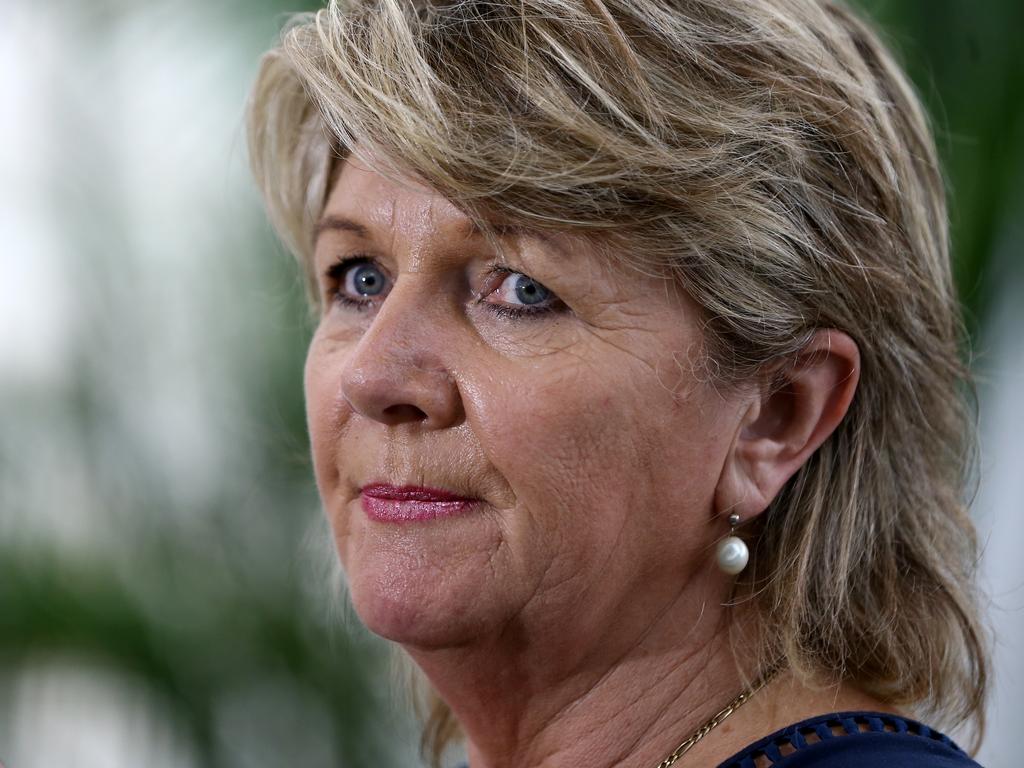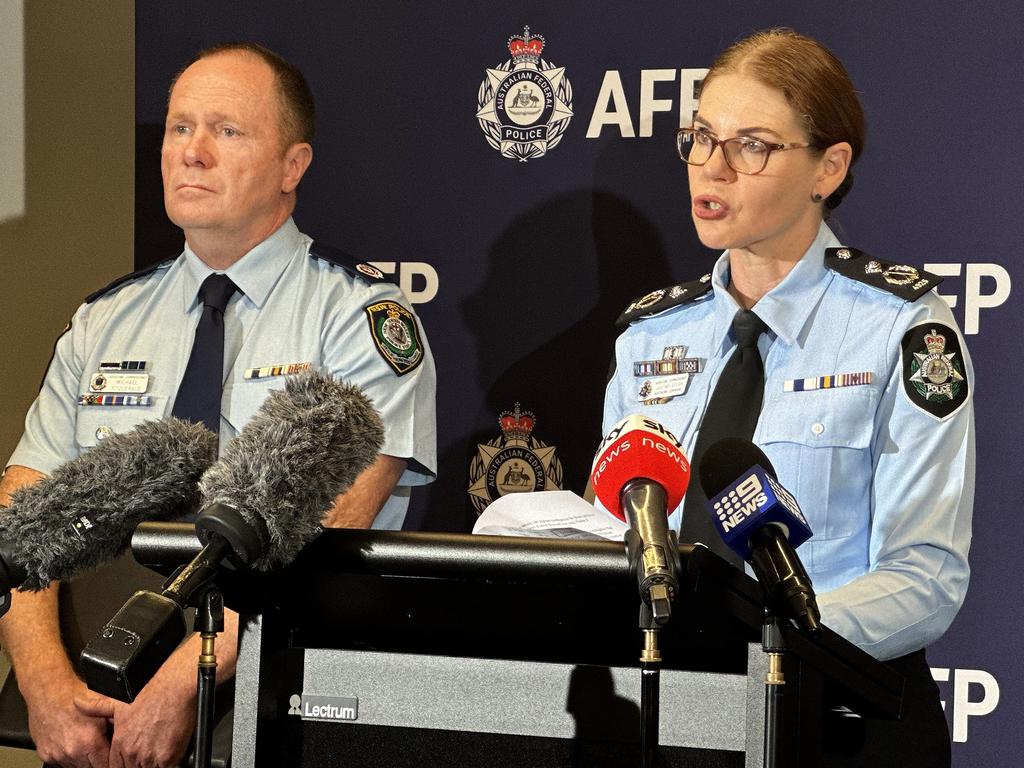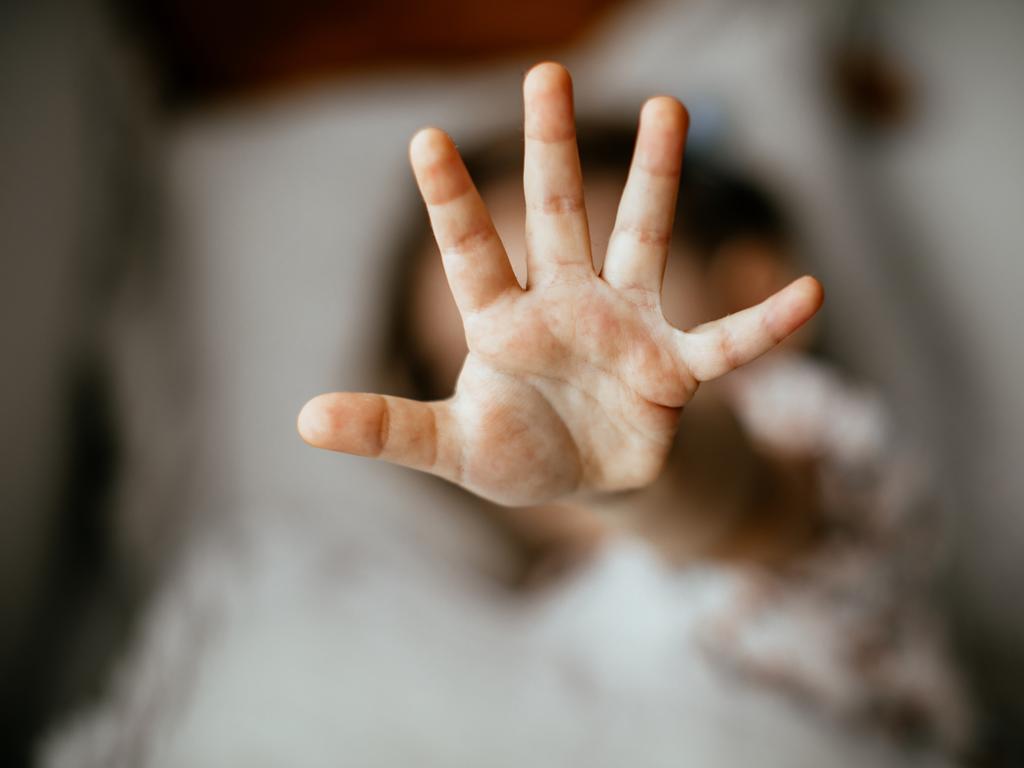Childcare abuse case highlights how systemic failures imperil our kids
Nine months before Australia’s worst serial pedophile allegations came to light this week, the Australian Federal Police gave Jason Clare a bombshell briefing.
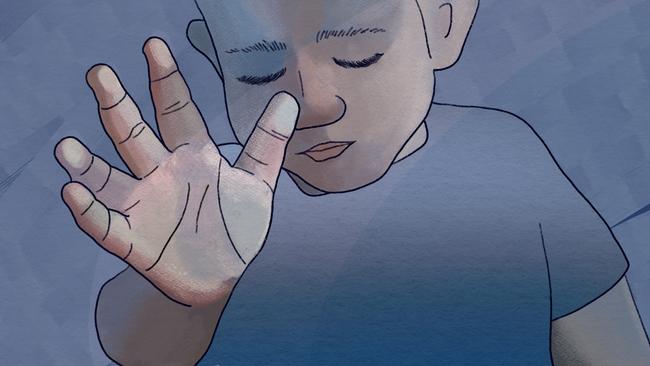
Sworn to secrecy, federal Education Minister Jason Clare felt shock as police outlined their stomach-churning investigation into the alleged rapes of babies, toddlers and preschoolers in childcare centres.
Nine months before Australia’s worst serial pedophile allegations came to light this week, the Australian Federal Police gave Clare a bombshell briefing. A middle-aged man had been arrested in August last year, charged with abusing two little girls at a daycare centre in Brisbane’s southwest. Chillingly, more allegations emerged this week that babies and young children had been sexually assaulted in daycare centres across a period of 16 years. Tenacious police officers had spent eight years trying to track down the alleged perpetrator, eventually identifying a bed sheet in a photo Queensland Police fished from the sexual sewer of the dark web in 2014.
Clare had to keep Operation Tenterfield under wraps until police officers from NSW, Queensland and the AFP could identify every child in more than 4000 images and videos containing alleged child abuse material, and lay further charges this week.
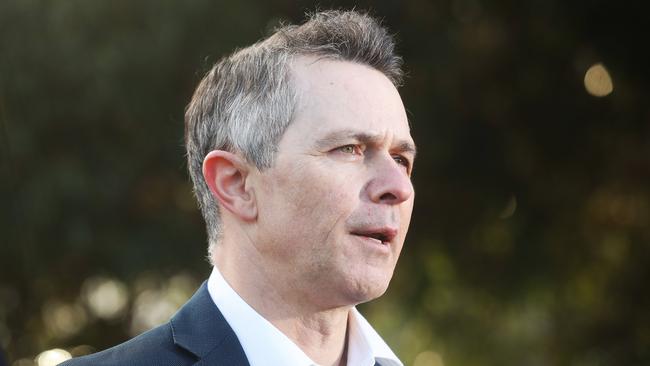
Straight after his October briefing, the minister acted swiftly to set in train a national review of child safety arrangements to close any loopholes that might let pedophiles harm the most vulnerable children – those too young to speak. New rules to check the backgrounds of teachers and childcare workers, and stricter and clearer requirements for the reporting of suspected abuse, are likely to be in place by the end of this year.
As governments scurried behind the scenes to tighten their child safety laws, the public was oblivious until the AFP issued a media release on Tuesday: “Man charged with rape and sexual assaults at childcare centres”.
A 45-year-old Gold Coast man was charged with 1623 child abuse offences against 91 children. Little girls allegedly were abused in 10 daycare centres in Brisbane between 2007 and 2013, and from 2018 to last year, as well as in one Sydney centre between 2014 and 2017 and a centre overseas in 2013 and 2014. The charges include 136 counts of rape and 110 counts of sexual intercourse with a child.
Police allege the man recorded all his offending on phones and cameras.
NSW Police also have issued a warrant for the man’s arrest in NSW, where he faces 180 child abuse charges against 23 alleged victims as young as one year old.
The horrifying case raises questions that must be answered, about how an alleged pedophile was able to sexually abuse 91 children in a dozen daycare centres across so many years. How could an alleged serial rapist be so brazen, avoid detection for so long, and move between so many different centres without raising red flags? How did the system of childcare safety checks fail to protect these defenceless children? Families of the alleged victims in Brisbane and Sydney have engaged law firm Slater and Gordon to sue centres for compensation, alleging they breached their duty of care to keep children safe.

Some answers should emerge in court proceedings, with the case scheduled for a mention in Brisbane Magistrates Court on August 21. What is evident, however, is a systemic failure in keeping children safe – which must be fixed.
State and territory ministers agreed in March this year to tighten rules for the recruitment and registration of teachers and childcare workers, as well as the reporting requirements for suspected abuse. This week, Clare asked the daycare watchdog, the Australian Children’s Education and Care Quality Authority, to work directly with the AFP to produce tougher regulations by the end of the year.
New rules over the use of smartphones and iPads in childcare centres, as well as the open-plan design of childcare centres and tougher requirements for staffing and supervision, will be considered by the nation’s education ministers in October.
Starting on October 1, childcare centres will be required to notify ACECQA within seven days of any allegations of sexual or physical abuse of a child, as well as “any incident where you reasonably believe that physical and/or sexual abuse of a child has occurred or is occurring at the service”. It is appalling that this is not required already, and enforced immediately.
Child protection advocate Hetty Johnston – founder of Bravehearts and co-chair of the federal government’s National Office for Child Safety advisory board – insists no child should be left alone with an adult in a daycare centre.
The child safety office issued a “risk identification checklist” to daycare centres last month. “Avoid events or situations where children are with staff and volunteers in a room or location that is not in the line of sight of other staff and volunteers (for example, rooms without windows, toilets placed in a hidden location),” the document states. “Lock unutilised rooms and ensure the key is secure.”
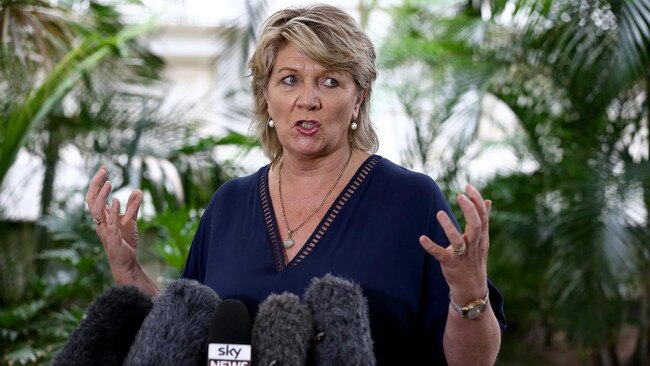
Johnston also wants the nation’s 17,000 childcare centres to install CCTV cameras and ban the use of smartphones, which can be used to take and send child abuse images.
Many centres use iPads or smartphones to photograph or video children so they can send happy snaps to parents.
“At the moment there is an expectation from parents that they get immediate updates on what’s happening with their children, including photos,” one veteran childcare operator, who did not want to be named, told Inquirer. “As a result, educators are forced to spend their time balancing a child in one hand and a device in the other. It’s not in the best interest of children who deserve the full attention of their educators – and a rethink around this would potentially deliver better outcomes in terms of child protection.”
Childcare is regulated by ACECQA, based on legislation that differs between states and territories – potentially providing loopholes for predators to gain access to children and avoid detection. NSW, for example, is the only state that requires all staff to hold, or be studying towards, a qualification in childcare that would teach them to detect and report suspected abuse. The other states let unqualified staff work for three months in each centre, on probation. NSW also requires centres to hire more staff than the other states and territories.
In Queensland, early childhood teachers working in daycare centres do not have to be registered with the Queensland College of Teachers – yet Victoria requires them to be registered with the Victorian Institute of Teaching.
The most glaring gaps relate to working with children checks – known in Queensland as a “blue card” – which screen potential childcare staff for a criminal record. Western Australia introduced the most stringent check on July 1, giving officers from its screening unit new powers to execute entry and search warrants.
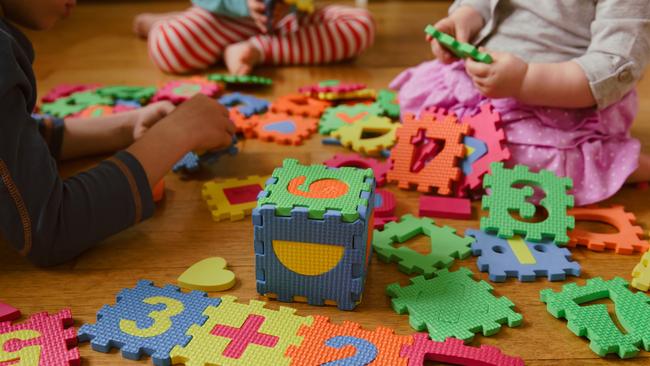
Victoria’s checks cover “professional conduct determinations” – so a teacher sacked for sending a teenage student salacious messages might be banned from working in a daycare centre. NSW checks convictions for sexual or violent crimes, but Queensland also screens for a charge for any offence – even if no conviction was recorded. Queensland also can refuse a “blue card” based on “police investigative information relating to allegations of serious child-related sexual offences, even if no charges were laid”.
What is not clear – and needs to be fixed fast – is whether and when states and territories notify each other of criminal convictions, disciplinary action or police investigations into child sexual abuse.
The Parenthood, an advocacy group for families, wants national cabinet to fast-track information sharing. Jessica Rudd, its acting chief executive, says news of the alleged abuse has “devastated” educators, childcare operators and families.
“While this is an isolated incident and a sickening one, it is a wake-up call for the sector,” she told Inquirer. “Where discrepancies exist between states and territories on working with children checks, this is the time to unite and iron them out to create a single system that makes it easy for operators to confidently hire the qualified staff they so sorely need.
“We would like this to be a priority so we can ensure our children are safe and that checks conducted on people working with children are consistent no matter where they live.”
Rudd says staffing shortages – with 20,000 vacancies across the low-paid childcare sector – make it harder for daycare centres to comply with the best-practice approach of “more than one pair of adult eyes on children at any given time”.
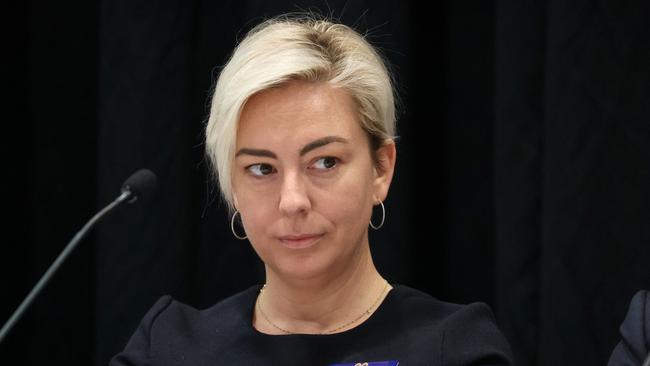
Strict staffing ratios also are being undermined by regulatory waivers that ACECQA grants centres that otherwise would have to close because of staffing shortages. One in every 11 centres across Australia is operating without the required number of qualified staff – including one in nine centres in NSW and one in seven in Queensland.
Act for Kids, which assists children who have been sexually abused, says childcare operators cannot be complacent about pedophiles trying to gain access to victims. “We know children zero to four are the most frequently abused,” chief executive and psychologist Katrina Lines told Inquirer.
“We need to protect babies and little ones who can’t speak up. The people who prey on kids are good at grooming the adults who look after kids. Workers need to be trained specifically in how to identify concerns about abuse, and worrying behaviour by other team members.
“It is the person’s goal to have unfettered time with vulnerable kids, so they need the adults to be disarmed because they don’t want people to be suspicious of their behaviour.”
Lines urges parents to watch for potential warning signs of abuse and to teach children to speak up if they feel uncomfortable or threatened.
“If babies are very frightened they may be more withdrawn, be really unsettled or be really fearful of strangers, so if you’re worried you should look for physical signs,” she says. “Kids have the best outcomes when the family wraps around and gives them lots of support.”
If convicted, the long-time daycare worker faces life in prison. For the alleged victims – some now grown into adults – their trauma also may last a lifetime.
If a child is at risk, call police on 000. If you have information about people involved in child abuse, call Crime Stoppers on 1800 333 000 or report to accce.gov.au/report. If you need support, find a list of services at accce.gov.au/support. If you need to talk to someone: Kids Helpline 1800 55 1800; Lifeline 13 11 14.


